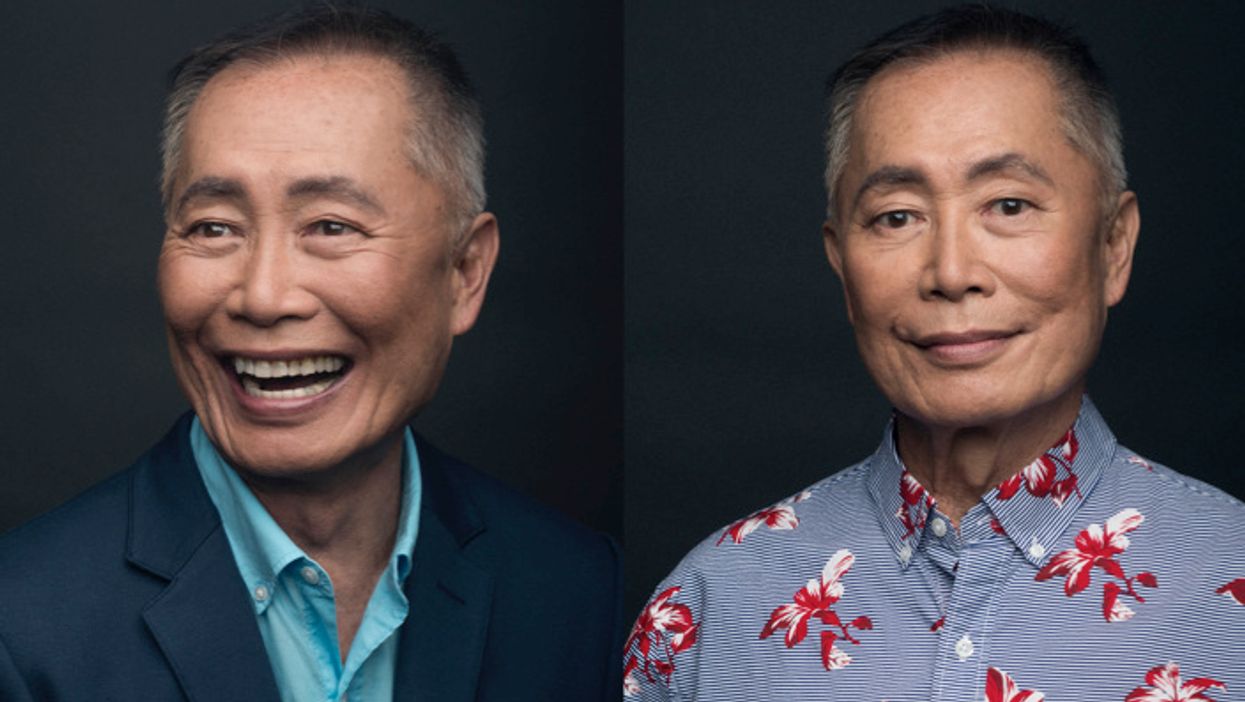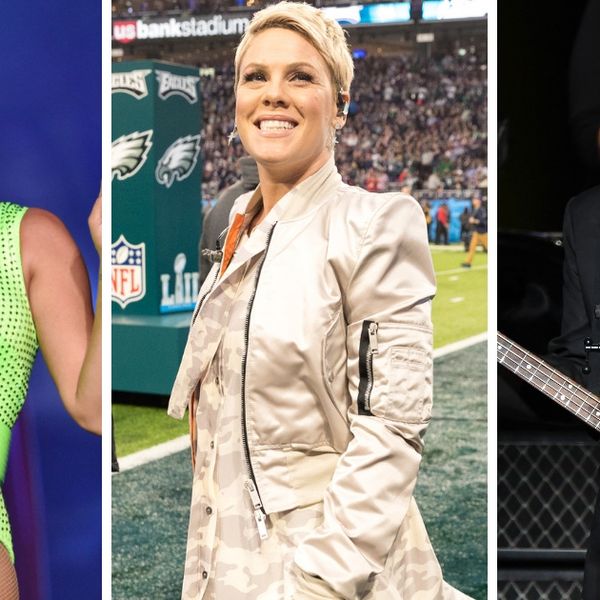
George Takei is best known for his portrayal of Mr. Sulu in the acclaimed television and film series Star Trek. He's an actor, social justice activist, social media mega-power, New York Times bestselling author, originated the role of Sam Kimura and Ojii-Chan in the Broadway musical Allegiance, and subject of To Be Takei, a documentary on his life and career.
Takei's acting career has spanned five decades, with more than 40 feature films and hundreds of television guest-starring roles to his credit. He is a member of the Academy of Motion Picture Arts and Sciences, Academy of Television Arts and Sciences, Actors' Equity Association and Screen Actors Guild-American Federation of Television and Radio Artists.
With the outbreak of World War II, Los Angeles, California-born Takei and his family were placed behind the barbed-wire enclosures of United States internment camps along with 120,000 other Japanese Americans. He spent most of his childhood at Camp Rohwer in the swamps of Arkansas and at wind-swept Camp Tule Lake in northern California. At the end of the war, Takei's family returned to their native Los Angeles.
Inspired by this difficult chapter of American history, Takei developed the Broadway musical Allegiance, an epic story of love, family and heroism in which he starred alongside Tony Award winner Lea Salonga. Allegiance's record-breaking world premiere, at the Old Globe Theatre in San Diego in 2012, won multiple awards, and was followed by a Broadway run in 2015-2016.
Now a community activist, Takei serves as chair of the council of governors of East West Players, the nation's foremost Asian Pacific American theater. He is also a member of the Human Rights Campaign, the largest national lesbian, gay, bisexual, and transgender political organization. Takei is Chairman Emeritus of the Japanese American National Museum's Board of Trustees; a member of the US-Japan Bridging Foundation Board of Directors; and served on the Board of the Japan-United States Friendship Commission under President Bill Clinton. In recognition of his contribution to the Japan-United States relationship, in 2004, Takei was conferred with the Order of the Rising Sun, Gold Rays with Rosette, by His Majesty, the Emperor of Japan.
With Takei's expansion into social media, interest in his personal life grew. In January 2014, To Be Takei, a Jennifer M. Kroot documentary on George's life and career, premiered at the Sundance Film Festival that January, and was later released in select theaters across North America.
Among his many accomplishments is a Grammy nomination Takei shared with Leonard Nimoy, in 1987, in the Best Spoken Word or Non-Musical Recording category. He received a star on Hollywood Boulevard's Walk of Fame in 1986. And in 1991, Takei left his signature and hand print, in cement, in front of Grauman's Chinese Theatre.
As an author, Takei's first book, his autobiography, To the Stars, was published in 1994; and in 2012 and 2013 he published his second and third books, Oh Myyy! There Goes The Internet, and its sequel, Lions And Tigers And Bears: The Internet Strikes Back. The latter two books explored his forays on social media and the Internet, earning placement on the Amazon e-book and paperback best-seller lists in 2012 and 2013, respectively.
Takei's social media dominance is best denoted by his numerous awards. Mashable.com named George a "social media superstar" on Facebook in 2012, where he currently has over 19.6 million combined fans. In 2013, Takei won the Shorty Award for Distinguished Achievement in Internet Culture. He has 2.8 million followers on Twitter, and posts on various social media platforms. He expanded his internet presence with the 2015 YouTube series, "It Takeis Two," starring with husband, Brad Takei. The "reality" series shared the couple's daily navigation of their world, with George's vibrant sense of humor and Brad's less-than-optimistic pragmatism.
In 2015, Cosmopolitan Magazine named Takei "One of the Internet's 50 Most Fascinating People."
Takei and his husband, Brad, were married at the Japanese American National Museum on September 14, 2008. The Takeis reside in Los Angeles, California.
Related Links:












